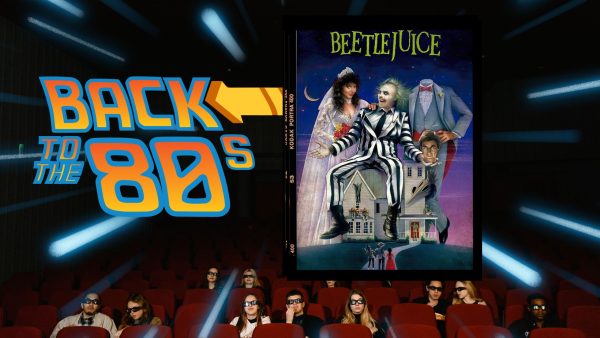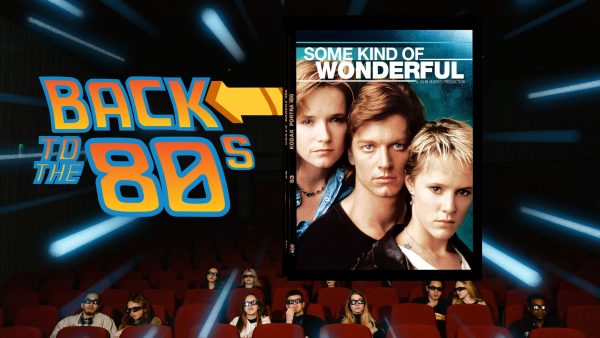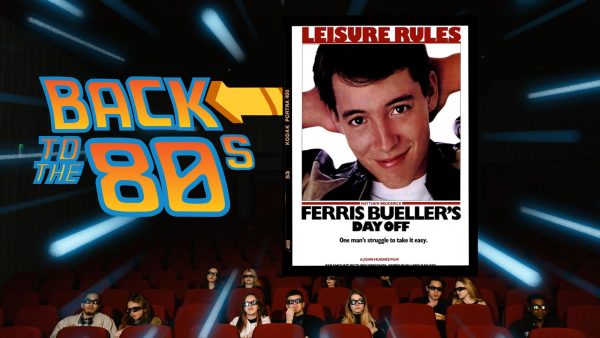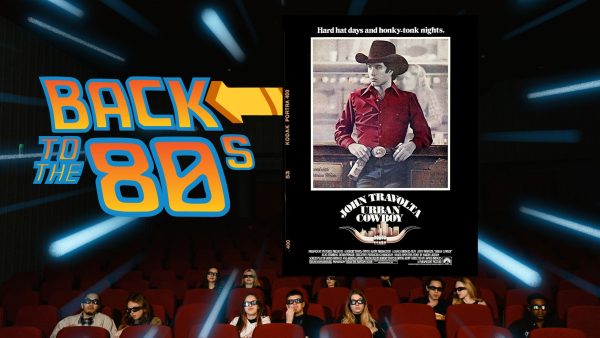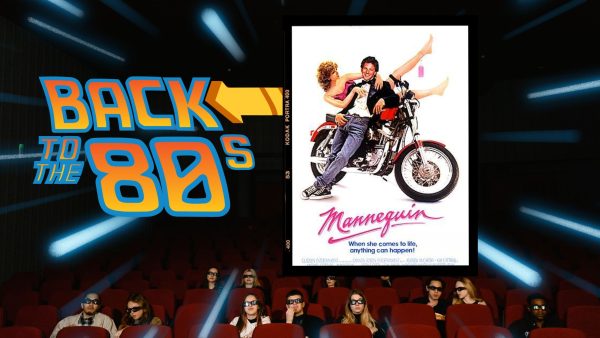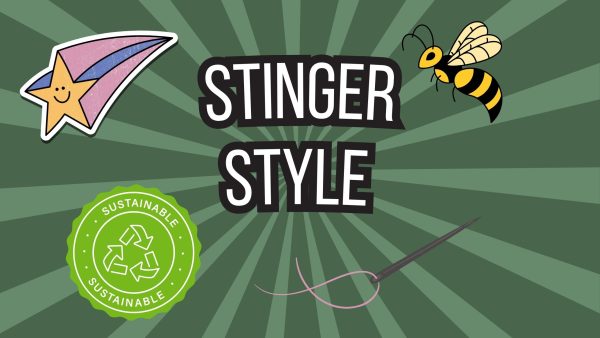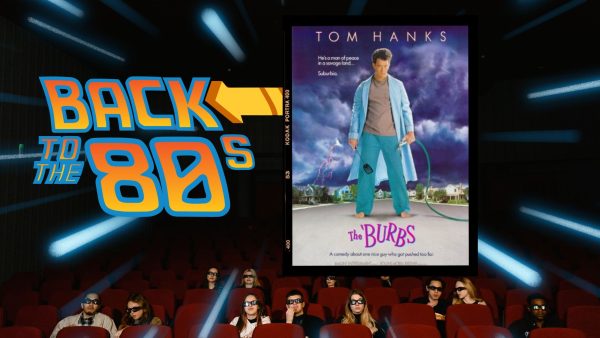Safe disposal of old medications made simpler at The Well
September 11, 2013
Nothing is more annoying than having an excess amount of unused and expired prescription medicine capsules left in the bathroom cabinet.
More often than not, Americans dispose of their unwanted clutter into the toilet, consequently polluting local waterways.
During a study conducted by the United States Geological Survey in 2002, it was found 80 percent of streams in the U.S. have traces of pharmaceutical drugs including different hormones and steroids.
Another option for disposing of unwanted prescribed medication is to just throw it away in the trash, but that brings up another set of problems.
Think of these scenarios: What about a homeless man rummaging through the garbage who now knows your life story because it was printed on the bottle; a curious dog at home now has access to prescription drugs because it likes to go through garbage cans.
The amount of unused prescription drugs that find their way to landfills and into household garbages is at an all time high. According to Duke University Medical Center, there are currently 40 percent of medication prescriptions that are wasted by the person whom they were prescribed to.
So the question is posed: What can someone do with their old medication that they no longer need, without the damaging consequences?
Thanks to The California Product Stewardship Council, a campaign throughout Sacramento and Yolo County has started.
“Don’t Rush To Flush,” is a program that provides a safe and convenient place to dispose of unused pharmaceuticals.
This will be a very beneficial addition for Sacramento locals who are concerned with sustainability. It will be a great way to reduce the amount of toxins in the waterways that are attributed to the disposal of pharmaceutical drugs.
Sacramento State students will now find a green metal bin in the pharmacy section of The Well. This location for the bin is one of six planned locations within the two counties.
People can dispose of prescriptions ranging from ointments to veterinary medications. Pet owners, elderly folks and people with diagnosed medical conditions now have the opportunity to use this dispenser.
There is no reason for people to dispose of their unused medication into the waterways anymore, especially if they are a Sac State student.
The “Don’t Rush To Flush” bin is been a product of the Sac State’s Office of Environmental Health and Safety, Sac State’s Sustainability team and the Student Health and Counseling Services Pharmacy efforts to support the campaign.
The pharmacy staff at The Well agrees, there should be no reason for people to dispose of their narcotics in the traditional ways.
The Well’s head pharmacist, Janet Dumonchelle, is passionate about Sac State’s involvement in the “Don’t Rush To Flush” program.
“Pharmaceutical drug abuse is becoming an epidemic and is the second highest drug abused now next to marijuana,” Dumonchelle said. “So before these drugs get misused, it is essential people distribute them properly.”
Some opposing viewpoints of collecting medication on a college campus come from the concern that people can misuse the convenience of an “all-in-one” narcotic bin.
It might be like dangling a bone in front of a dogs face for some people who suffer from an addiction to pharmaceutical drugs.
In 2010, the National Institute on Drug Abuse reported there were approximately 7 million people who were users of psychotherapeutic drugs that were not necessary for their well being.
Amanda Downs Westmoreland, alumnae child development major, does not support the “Don’t Rush To Flush” campaign.
“It’s a good idea to help clean up the waterways, but what about people stealing them?”Downs said. “We have bikes, signs, buildings and other stuff getting broke into on a consistent basis. Who’s to say the same won’t happen to these bins? Especially if it’s open to the public.”
However, in a campus setting the faculty and staff’s number one goal is to make decision based off of what would be beneficial for the student’s well-being. If this bin really put students, faculty and staff in harm’s way the paperwork for having the bin wouldn’t have made it to the approval process.
According to the National Institute on Drug Abuse study, many users are getting their fix from unused medication from an unknowing housemate.
Users can take pills from multiple friends’ and relatives’ houses without them even realizing they’re gone, but with the “Don’t Rush to Flush” program it could dissipate the chances of users obtaining these drugs, making this program completely justified.
In order to ease the minds of non-supporters and to make a safe alternative for people utilizing the bins, the dispenser itself is very secure. The bins are engineered to resemble a bear box that you’d see in a campsite at Yosemite or a United States Postal Service mailbox.
Once someone deposits the medication, they cannot get it back. The opening does not have enough room to fit a hand, let alone an arm to grab anything. The structure of the box even goes as far as having a double lock, just like the ones used for safe deposit boxes.
With these safety mechanisms it will minimize the opportunities for wandering eyes to take action on stealing the drugs.
“This bin is 100 percent beneficial to the students at Sac State and the public,” Dumonchelle said. “If I had any concerns about it, whether it be for security or not, I would not have pursued getting a place to deposit medicine.
“This is a long overdue service and I look forward to other pharmacies getting on board to follow suit. It can save lives and the environment.”
Senior journalism major, Amanda Hickman, agrees that this will be a good addition to Sac State’s campus.
“I think it’s a good thing. In fact, I stumbled across some old meds I no longer take and wasn’t sure what to do with them. Now I if I can remember to bring them to school to deposit at The Well – that’s another thing,” Hickman said.
With the support of the pharmacy at Sac State and some students, this is a successful way to dispose of unused drugs.
The bin has already been placed in The Well and students can look forward to clearing their medicine cabinets and waterways with the “Don’t Rush To Flush” bin.
































































































































